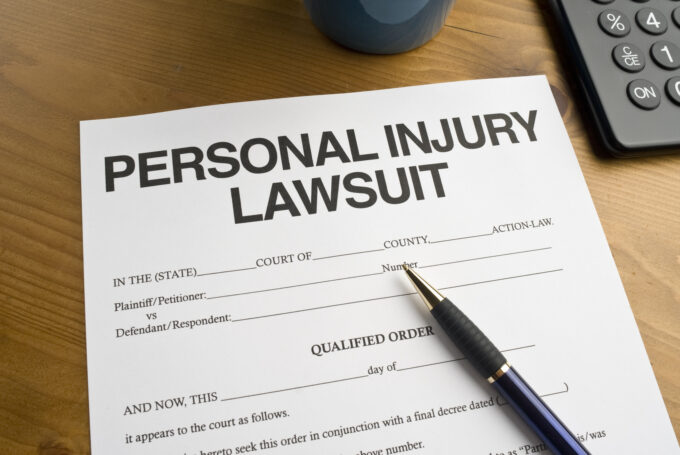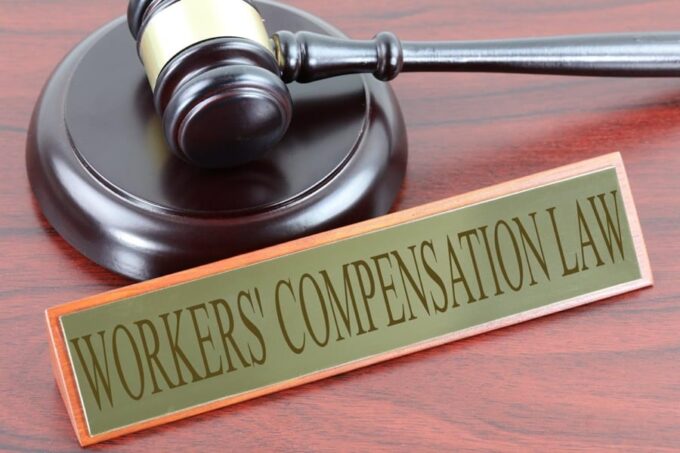Workers’ compensation is crucial to ensure the welfare of employees who sustain diseases or injuries at work. Employees who suffer from occupational illnesses or accidents are given cash assistance and medical benefits. Additionally, it shields employers from prospective legal actions brought about by accidents at work.
Workers’ compensation regulations are essential in Richmond, Virginia, for protecting the interests of both businesses and employees.
This column seeks to give a thorough review of Richmond workers’ compensation regulations, detailing the essential details that both employees and employers should be aware of.
The Basics of Workers’ Compensation

The worker’s compensation system aims to benefit employees who become ill or injured while working. It acts as insurance for injured workers, paying for their medical bills, missed income, and rehabilitation services. Workers’ compensation is a no-fault system in Richmond, meaning that employees are eligible for payments regardless of who caused the accident. It is necessary for the majority of firms.
An employee must sustain an injury while engaged in work-related activities to qualify for workers’ compensation payments in Richmond. Additionally, the injury must have happened while the employee was working and not because of deliberate misconduct, intoxication, or purposeful self-harm.
Workers Compensation Laws in Richmond
Employers and employees in Richmond must abide by Virginia’s unique set of workers’ compensation rules. The statutes set clear guidelines for what types of injuries are covered, how much coverage companies must have, and when they must file claims.
Coverage Requirements for Employers
Most businesses in Richmond that employ three or more people are obliged to offer workers’ compensation insurance. This insurance must cover any work-related illnesses or injuries for their employees.
Types of Injuries Covered

In Richmond, workers’ compensation covers many injuries, including physical injuries, injuries from repetitive stress, and occupational diseases that have developed over time due to workplace circumstances.
Time Limits for Filing a Claim
In Richmond, sick or wounded workers must notify their employer immediately after the incident but no later than 30 days afterward. Their benefits could be jeopardized if they don’t report within the required time window.
Differences between Workers’ Compensation and Personal Injury Lawsuits

It is critical to distinguish between workers’ compensation claims and personal injury cases. Personal injury cases require establishing negligence or fault on the side of the employer or a third party. In contrast, workers’ compensation is often a no-fault system in which employees can obtain benefits regardless of fault. Workers’ compensation benefits employees quickly but may limit their capacity to sue their company for additional damages.
The Claims Process
There are various steps involved in submitting a workers’ compensation claim in Richmond:
Reporting the Injury: The wounded employee must immediately notify their employer of the working injury or illness.
Seeking Medical assistance: The wounded worker should seek prompt medical assistance, and the employer may give a list of approved healthcare providers.
Notifying the Workers Compensation Commission: The employer must notify the Commission of the injury within ten days of the accident.
Claim Evaluation: The employer’s insurance carrier will evaluate the claim and determine whether or not the employee is eligible for benefits.
Benefits: If the claim is successful, the wounded worker will get medical benefits and compensation for missed pay while recovering.
Common Mistakes to Avoid During the Claims Process

Employees should avoid typical mistakes that could jeopardize the success of their workers’ compensation claims, such as failing to disclose the injury immediately or failing to adhere to the approved medical treatment plan.
The Role of Medical Evaluations in Workers Compensation Claims
Medical examinations are essential in workers’ compensation claims. They assess the severity of the injuries, the necessity for continuous medical treatment, and the likelihood of returning to work.
Benefits of Hiring a Richmond Workers Compensation Lawyer
In Richmond, workers’ compensation provides several significant benefits to injured employees:
Legal Expertise
Workers’ compensation rules in Virginia can be complicated to understand. A qualified lawyer is well-versed in these rules, ensuring the wounded employee understands their legal rights and entitlements. They can assist the employee with documentation, deadlines, and other legal obligations as they guide them through the process.
Maximizing Benefits
Insurance firms frequently seek to limit their financial obligation, which can lead to reduced settlement offers for injured workers. A Richmond workers compensation lawyer represents the employee and works to maximize the benefits and settlements they get. They consider various issues, such as medical bills, missed pay, and probable vocational rehabilitation requirements, to ensure that the injured employee receives fair and reasonable compensation.
Handling Disputes

Workers’ compensation claims might lead to disagreements. The insurance company may contest the severity of the injuries or reject the claim entirely. A workers’ compensation lawyer is prepared to handle such issues, defending the employee’s interests at Workers Compensation Commission hearings. They offer evidence, develop appealing arguments, and plan strategies to support the employee’s benefits claim.
Peace of Mind
Dealing with a working injury or illness is already difficult. By engaging a workers’ compensation lawyer, the injured employee may concentrate on their recovery while knowing that a legal specialist handles their case. The lawyer handles every part of the legal process, giving you peace of mind and reassurance during challenging moments.
Disputes and Appeals
Despite the simple nature of workers’ compensation applications, disagreements can occur during the procedure. Disagreements about the level of injuries, eligibility for benefits, and the accident date are common causes of conflict. These conflicts are frequently handled by mediation and informal discussions, although official hearings before the Workers Compensation Commission may be required in some circumstances.
Appealing a Denial of Benefits
If a workers’ compensation claim is refused, the employee may file an appeal. A Workers Compensation Commission appeal must be filed within a particular timeframe, and a judge will examine the case.
In Conclusion
Understanding Richmond worker’s compensation regulations is critical for both employees and businesses. It guarantees injured workers the required care and benefits while ensuring businesses meet their legal responsibility to safeguard their labor. Richmond can maintain a fair and equitable workers’ compensation system that prioritizes the well-being of all parties concerned by complying with these regulations and promoting workplace safety.










